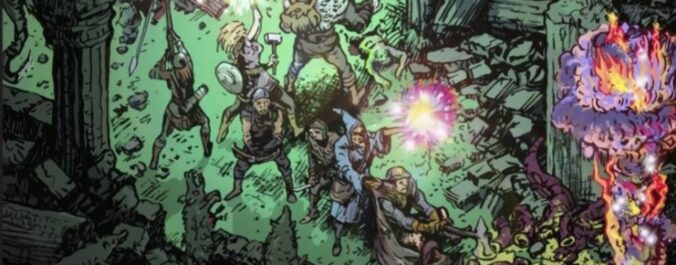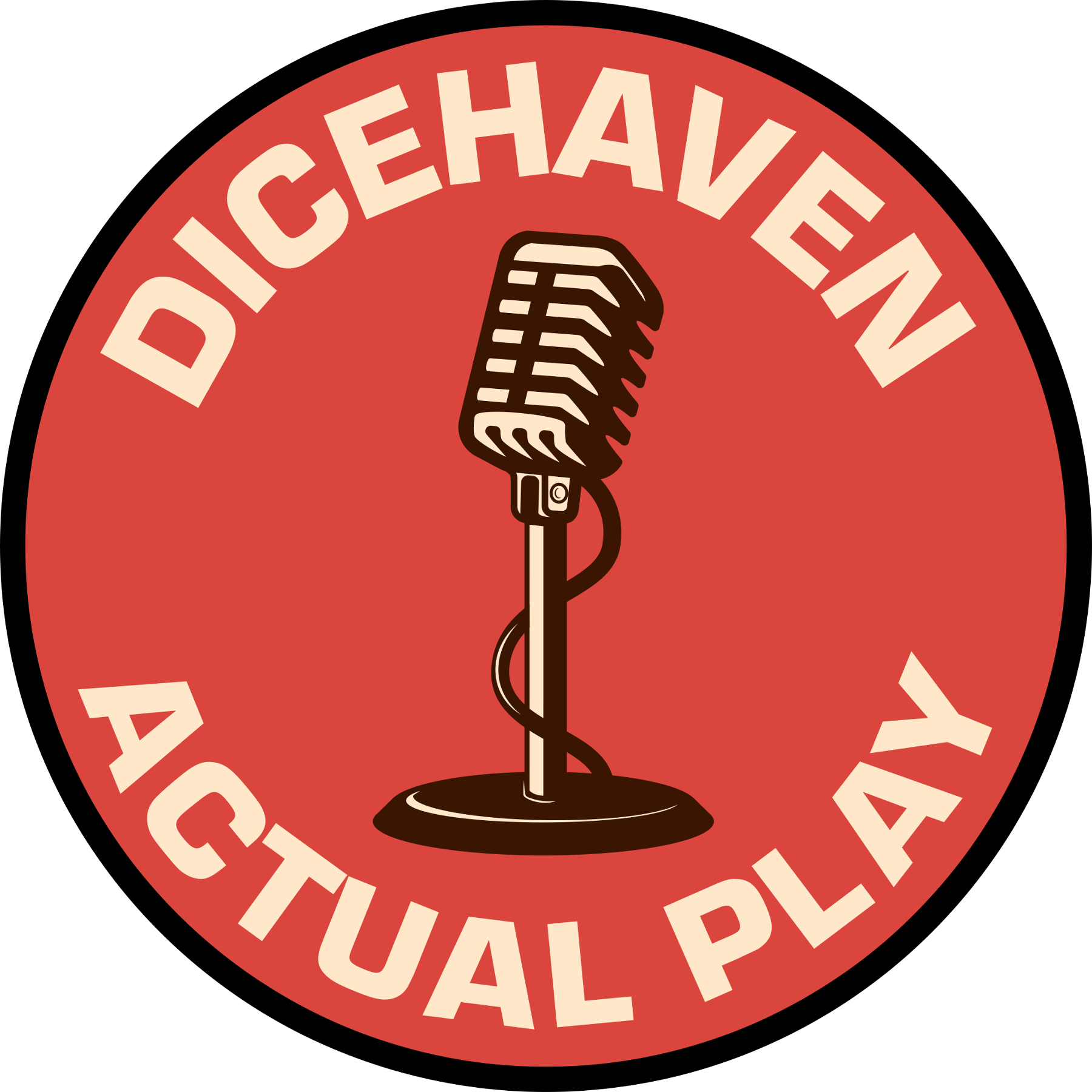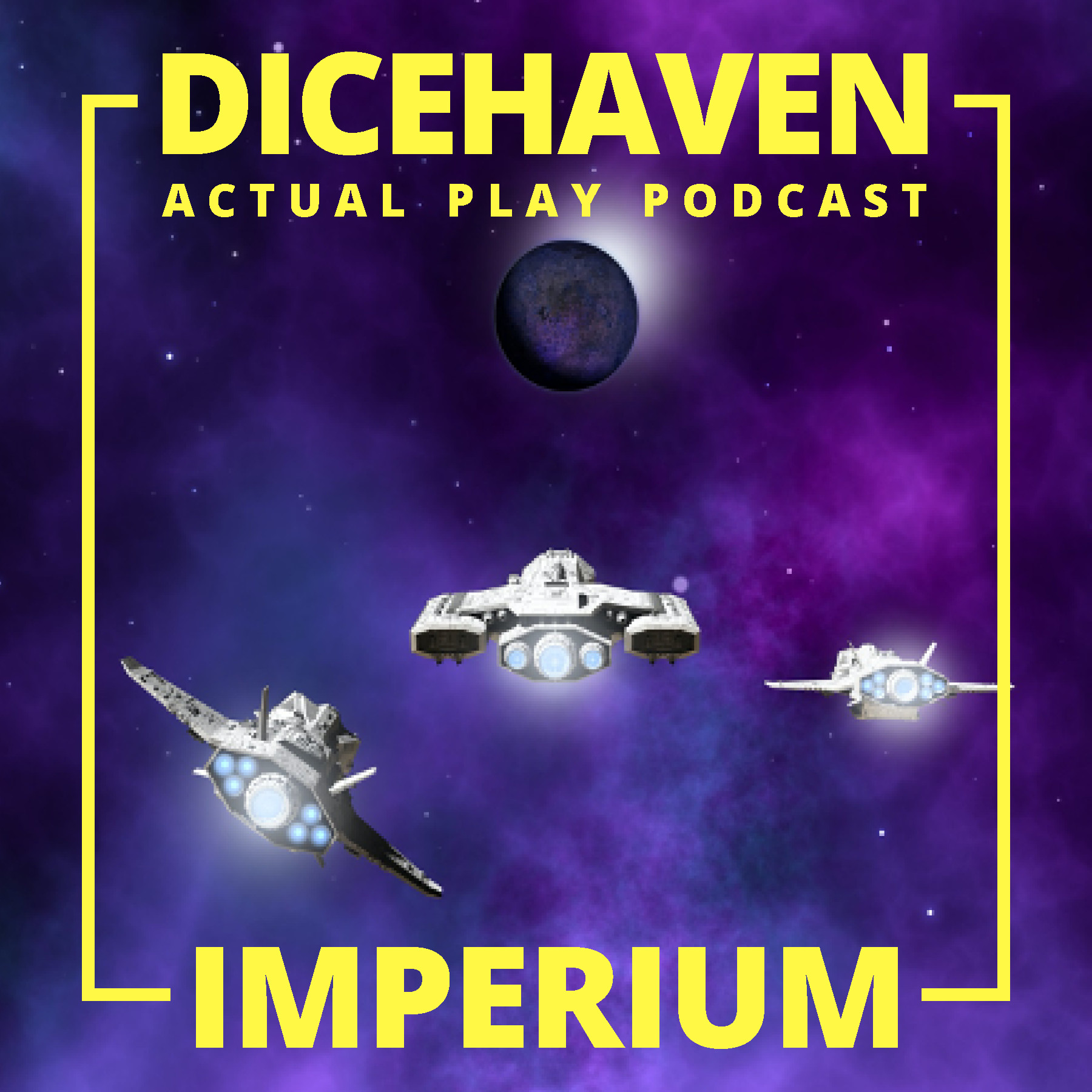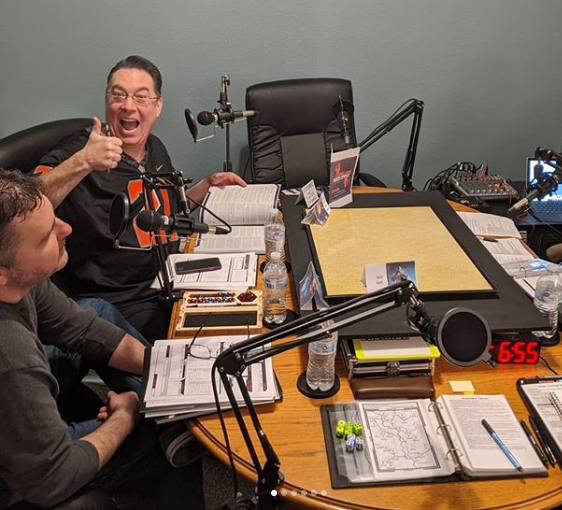For several years, I’ve been intrigued by the idea of setting up an organized play program for our local game club.
At any given moment, we have multiple concurrent campaigns with several GMs. I’ve noticed that if we lack the required quorum of players or if the GM is absent or not up to running the game, either we cancel the game or run a one-shot game with a new character. Missing opportunities to game or always gaming with a new character is not ideal, and so organized play with persistent characters has long been an elusive goal.
Elements We’ve Been Missing
We’ve tried to do organized play a few times in the past, and I think it’s failed for a few reasons. There are a number of factors, several related to GM prep time and an overload of documentation to keep multiple GMs on the same page. Let’s look at each issue.
- Inconsistent Rules Systems — Lack of a consistent rule-set that wasn’t being house-ruled and run very differently between different GM’s.
- Inaccessible Rules — If the game rules require you to have a physical copy, or the game is out of print, this presents a challenge to looping in new players who don’t have the required materials.
- Lack of Improv Tools — One way to run adventures is to improvise them. This is made easier by robust quickstart encounters, random tables, and other GM tools.
- Unfamiliar or Undocumented Setting — The lack of a simple, well-documented setting that you could easily reference and run games in.
- Heavy Post-Game Documentation and Evolving Lore — In settings where multiple GMs are operating in the same space (for example, games in a city with shared NPCs, and you kill a major NPC in a game) you have to heavily document what happened for other GM’s benefits, then the other GM’s are burdened with knowing every increasing lore about the shared setting.
- Lack of Easy-Prep Adventures — Traditionally organized play programs (that allow any GM to run them) such as D&D organized play adventures generally take a minimum of 2.5 hours to prepare. The ideal system will have an ample supply of prep-in-an-hour adventures that also wrapped up the storyline in 4 hours.
- Hard to Teach Rules — Some systems are unfamiliar enough and have enough crunch that you have to reteach the essential rules to players each time you play, which eats up time.
- GM Familiarity and Enthusiasm — Games only happen if GMs are willing and able to run them. The system must be familiar enough and offer enough excitement to entice GMs to run that system and setting.
- Lengthy Character Creation — You can always use pregens but players generally like to create their own characters and customize them. Spending an hour building characters is too long.
- Character Advancement Paralysis — You can’t count on players to level up their characters between games, so if a character levels up you have to provide in-game time for that. This can chew up 20-30 minutes in games like D&D as players weigh their choices and ask for advice.
- Maps and Miniatures — If the game system requires maps and miniatures or tokens for each combat encounter, this adds to GM prep time.
- Leveling Characters and Rebalancing Encounters — As characters level, if the game system has a great difference in power level between novice and veteran characters, you run into logistical challenges which require having multiple characters for different tiers of play. As a GM, a game prepped for Level 3 characters, then run months later for Level 7 characters has to be updated to balance the encounter for that new level.
- Combat Encounter Duration — Some game systems, especially at higher levels, can take an hour or more to run a single combat which creates a challenge when trying to complete a game in 4 hours.
Solutions to these Problems
So how do we solve these issues?
Items 1-5 could be solved with just about any game system so long as you had the proper documentation, organized play structure, and generic GM tools.
Item 6 is the single biggest challenge — what setting or system has lots of easy-prep adventures that can be ready to run in less than 30 minutes? One-page dungeons seem the most prolific source for simple adventures that are easy to prep. Improv games could also work, but not all GMs are comfortable with improv style gaming.
D&D 5e could solve for 1-7, and possibly 8, but not 9-13. This isn’t insurmountable though; you’d just want to do a lot of theater of the mind, and keep character low level. It still can be a chore when players are rotating in and out and level progression requires rebalancing encounters, and time spent towards character level ups.
Traveller and Fate are systems we’ve played which could solve for all items, with the possible exception of 8 (only two of our GMs are enthusiastic about Fate) and 6 (unless you used the one page dungeons adapted to a Fate Fantasy setting). Note that Traveller has several non-Sci Fi variants such as Sword of Cepheus which could be adapted for other settings.
Trying Out Dungeon World
While Traveller, Fate, and potentially other game systems could solve the above issues, we are going to try out Dungeon World. It could potentially solve for ALL thirteen issues (#13, GM enthusiasm is really our only challenge since none have run this system, and we have at least four GMs willing to give it a try).
The Dungeon World game system solves issues 9-12 by virtue of its narrative, theater-of-the-mind style and a hit point system and power level that remains relatively flat regardless of your level.
One page dungeons, wilderness random encounter tables, and Dungeon World’s built-in improvisational game style should solve issue 6.
So, after a very long and careful thought process, we will be giving Dungeon World a try!




Recent Comments